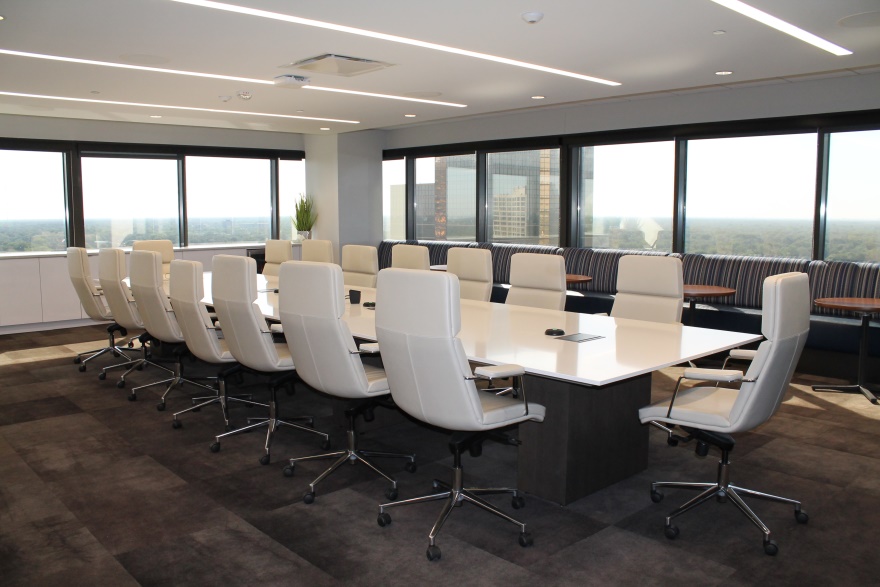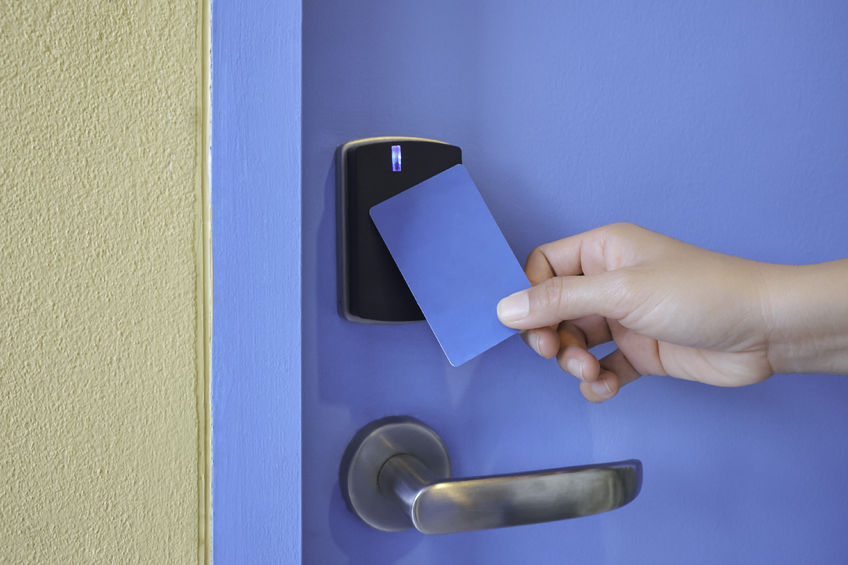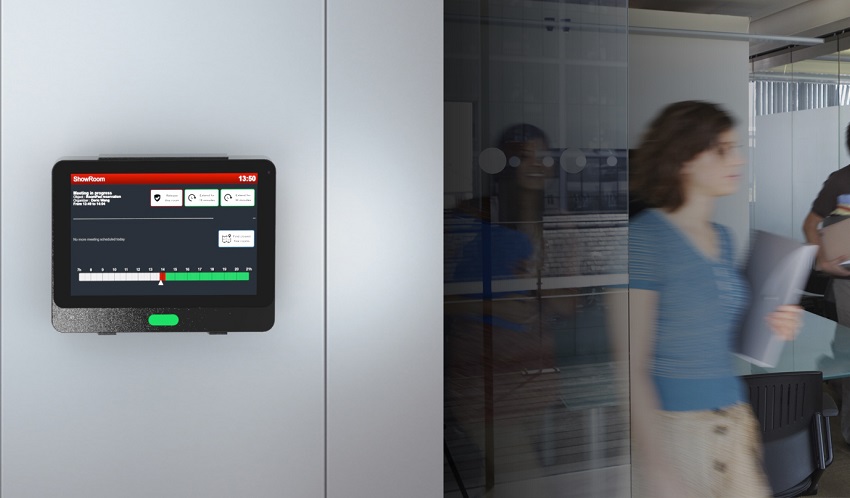In an era marked by growing concerns about environmental sustainability and the need for energy conservation, businesses are actively seeking innovative solutions to reduce their carbon footprint.
One area for energy optimization lies in the implementation of room booking systems. These systems, which streamline the management of meeting spaces and optimize resource allocation, have a significant impact on energy efficiency.
A study by the U.S. Environmental Protection Agency found that businesses can save an average of 10% on energy costs by using a room booking system.
Another study by the International Facility Management Association found that businesses can save an average of 15% on energy costs by using a room booking system that integrates with their building management system.
At night, you will see high-rise buildings with their entire floors lit up but only a few people working. Meeting rooms and large auditoriums have their lighting and air-conditioners running even when no one is occupying the space. Hallways lit up with no human activity. While these lights make for a beautiful skyline, a huge amount of energy is being wasted.
Situations like these call for the integration of the room booking system with the building management system to cut down on energy usage.
Integration with Building Automation Systems
This is by far the most popular technique for ensuring that the user’s actions (Requesting a room for a conference call) can trigger the Building Automation System (BAS) to schedule the lighting, air-conditioning, and other electronic devices.
When a user requests a room for a meeting, the room booking system can communicate with the BAS system to create trigger events that can schedule the switching on and off of the electrical devices in that room. This is a quick way to implement as most BAS systems come with protocols and interfaces that allow communication with external environments.
You use a room 60% of the time every day. The room is vacant for the rest of the 40% while the lighting and air-conditioning are still functioning. By integrating with BAS systems, there can be a potential saving of 40% of the electrical usage in those rooms.
Hot Desk Solutions
Reservation of individual desks can trigger the activation of phone lines, lighting, and air-conditioners only in the area around the desk instead of the entire zone. You can do this through a combination of software and hardware such as beacons to detect occupancy and make adjustments to the office environment accordingly.
Occupancy Detection
Occupancy detection allows the space to detect the occupancy of people and make adjustments to the electrical consumption accordingly. For example, someone books the room for an hour but fails to turn up. In such cases, devices that can detect occupancy can release the reservation, thus triggering the lighting and air-conditioning to shut down.
Intelligent Solutions
Building intelligence into booking systems can provide additional benefits in terms of meeting room planning and recommendation. You can allow an employee who has to attend a late-night conference to book a smaller room and not the conference room even if it is vacant.
Restrictions on the usage of certain rooms in a specific zone after office hours can reduce the need to switch on electricity in multiple zones. If an employee wants to use the office on the weekend, you can allow him/her access to certain rooms only. The employee can then schedule meetings in any of those fixed sets of rooms. This will increase efficiency and also save money.
With the advent of artificial intelligence caused by the flood of data from devices and systems, building intelligence into such software tools as room booking systems can reap large benefits for building owners.
Final Thoughts
The integration of room booking systems within organizations offers a multitude of benefits, with improved energy efficiency being a significant advantage.
In addition to reducing operating costs, organizations that prioritize energy efficiency through room booking systems demonstrate their commitment to sustainability and environmental stewardship.
With a growing focus on corporate social responsibility, the implementation of the room booking system presents an essential step toward a greener and more sustainable future.
And the best part is that you can quickly implement such a system. You don’t need to overhaul your entire structure to install this affordable and scalable solution.
Please talk to our representative to know more.




